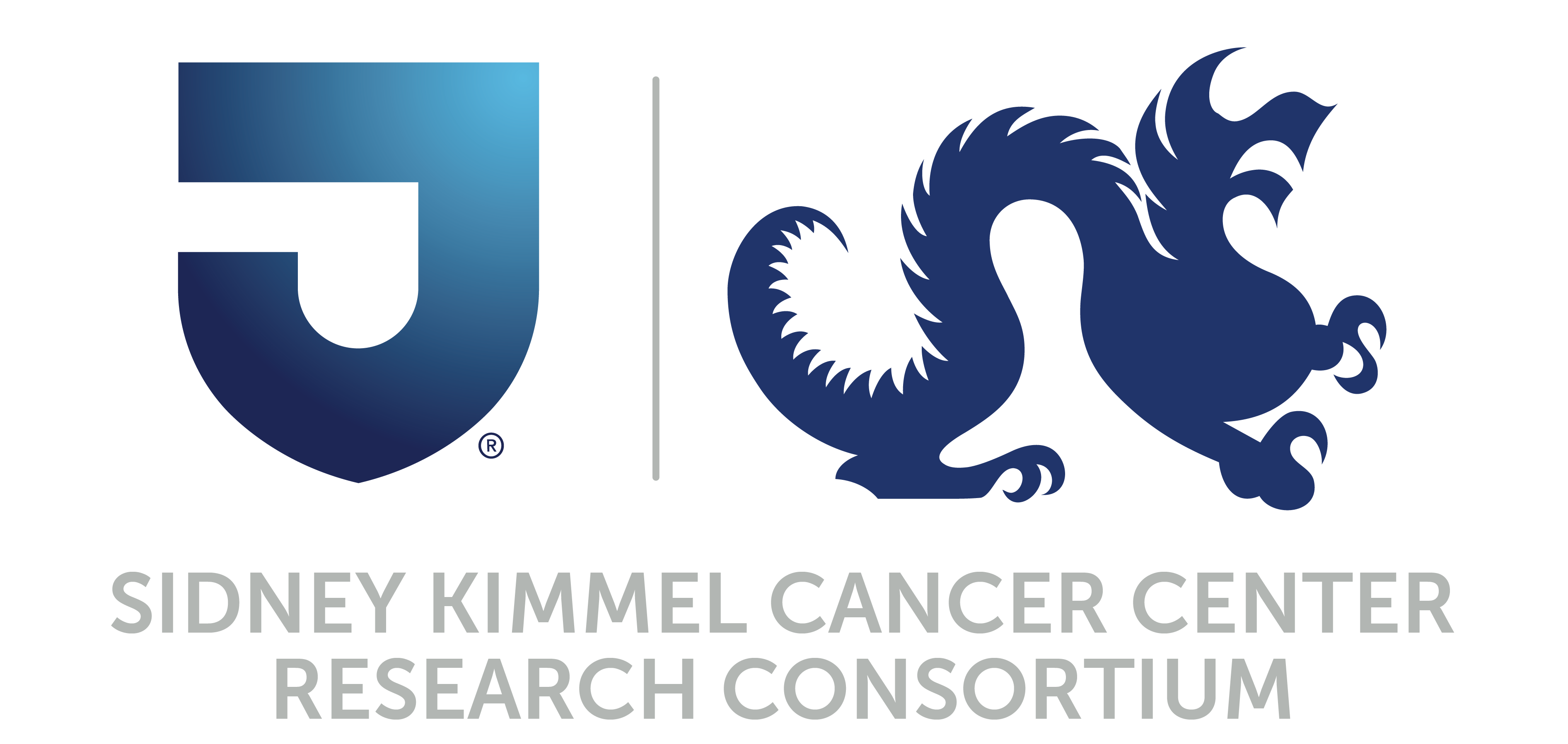
Dr Hafez on Key Considerations For Treatment Selection in Early-Stage HER2+ Breast Cancer

Maria Hafez, MD, explains how hormone receptor status, risk stratification, & other factors influence clinical decisions in early HER2+ breast cancer.
Maria Hafez, MD, assistant professor, Sidney Kimmel Medical College, breast and sarcoma medical oncologist, director, Breast Cancer Clinical Research, Sidney Kimmel Cancer Center, Thomas Jefferson University, discusses how hormone receptor status, risk stratification, and other disease factors influence the treatment decision-making process in patients with early-stage HER2-positive breast cancer.
HER2-positive status in breast cancer is determined by immunohistochemistry, Hafez begins. Currently, patients with a score of 3+ or those with a borderline 2+ score and a positive fluorescence in situ hybridization result are categorized as having HER2-positive disease, Hafez details.
The decision to use neoadjuvant or adjuvant chemotherapy depends on various factors. Typically, neoadjuvant chemotherapy is considered for patients with T2 tumors, irrespective of N0 or N1 status, Hafez states. Exceptions may include patients with T1c tumors and N1/N0 stage, she adds. These patients may also be candidates for neoadjuvant treatment. For those with T1 and T0 tumors, the preference often falls in line with surgery followed by adjuvant treatment based on surgical findings, Hafez says.
In the adjuvant setting, the decision-making process is also based on characteristics such as nodal involvement and tumor size, Hafez continues. Regardless of hormone receptor status, patients with HER2-positive disease typically undergo surgery prior to receiving other therapies, she emphasizes. This is especially true for patients presenting with N0 disease. Following surgery, those with lymph node-negative disease and tumors smaller than 3 cms may receive adjuvant treatment with single-agent chemotherapy, Hafez continues. For patients with lymph node-positive status after treatment, the therapeutic approach may involve the addition of pertuzumab (Perjeta) to trastuzumab (Herceptin) and chemotherapy, as per the phase 3 CLEOPATRA trial (NCT00567190), Hafez explains. This tailored strategy aims to enhance the efficacy of HER2-targeted treatments in the adjuvant setting.
Overall, the choice between a neoadjuvant or adjuvant treatment approach is nuanced and guided by the specific characteristics and staging of a patient's tumor, Hafez says. This ensures tailored treatment strategies for optimal outcomes in patients with early-stage HER2-positive breast cancer.




































